San Francisco Supervisors unanimously pass Decriminalizing Psychedelics and Entheogens; San Francisco Joins Cities Across the Country as Part of a Growing National Movement
FOR IMMEDIATE RELEASE - SEPTEMBER 6, 2022
Contact: Marjorie Sturm, Decrim SF | marjorie.sturm@gmail.com | 415-438-0701
Preston Kilgore, Legislative Aide to Supervisor Preston | Preston.Kilgore@sfgov.org | 717-468-9103
San Francisco, CA - Earlier today the San Francisco Board of Supervisors unanimously approved a resolution to decriminalize entheogenic plants and fungi. The resolution was introduced by Supervisor Dean Preston (District 5) and cosponsored by Supervisor Hillary Ronen (District 9). The resolution urges the State of California and the United States Federal Government to decriminalize Entheogenic plant practices and their uses, and further urges that the Investigation and Arrest of Individuals Involved with the adult use of Entheogenic plants on the Federal Schedule 1 list be amongst the lowest priority of the San Francisco Police Department. An entheogen, which literally translates to experiencing divine within, describes a psychoactive substance or preparation derived from plants or fungi and used in religious, spiritual, or ritualistic contexts.
Passage of Supervisor Preston and Decrim SF's resolution comes after California State Senator Scott Wiener’s SB-519: Controlled substances: decriminalization of certain hallucinogenic substances was gutted by the Assembly Appropriations committee effectively removing all decriminalization and leaving only a study to be produced within a year. Another attempt at a statewide decriminalization bill will be attempted in 2023.
San Francisco joins other jurisdictions in the United States, including Seattle, Washington, Oakland, California; Santa Cruz, California; Denver, Colorado; Ann Arbor, Michigan; Washington, D.C.; and the State of Oregon, which have decriminalized some or all entheogens; Portugal, Brazil, Jamaica, and the Netherlands have also decriminalized some or all entheogens.
Entheogens and psychedelics have been shown to benefit the well-being of individuals seeking treatment for depression, anxiety, PTSD, addiction, grief and end-of-life anxiety. There is an unmet need in San Francisco’s communities for the compassionate and effective care that these medicines provide.
“I am proud to work with Decrim Nature to put San Francisco on record in support of the decriminalization of psychedelics and entheogens,” said Supervisor Preston, the Resolution’s cosponsor. “San Francisco joins a growing list of cities and countries that are taking a fresh look at these plant-based medicines, following science and data, and destigmatizing their use and cultivation. Today’s unanimous vote is an exciting step forward.”
As part of public comments Jennie Stepanian, criminal defense attorney from San Francisco recounted a story from Dr. David E. Smith, founder of the Haight Ashbury Free Clinic and the new Haight Ashbury Psychedelic Center, “One young man came into the center recently, he was a heroin addict that was on methadone. He did not want to take methadone anymore because he was trapped in the cycle of methadone and he could not get off it. He started micro dosing psilocybin and was able to go through the 12 steps and complete the 12 steps. Now this young man is heroin free, methadone free and no longer micro doses.”
The unanimous resolution urges that individuals who cultivate entheogens and transport for use in religious, spiritual, healing, or personal growth practices, either for their sole individual use or for the shared use of themselves and other practitioners should be deprioritized from arrest or prosecution by SFPD. Similarly, the Resolution urges deprioritizing arrest or prosecution when people’s possession and/or cultivation of entheogens becomes evident to SFPD officers during an encounter for reasons other than possession.
Historically, compassionate use of another natural substance, cannabis, was championed in San Francisco by Dennis Peron and Mary Jane Rathbun (aka Brownie Mary), which led to the movement to legalize cannabis in states across the nation. Following in their footsteps, San Francisco has developed a rich and deep presence regarding psychedelic research, educational and professional certification. The University of California, San Francisco (UCSF) has created the Neuroscape Psychedelics Division, a multidisciplinary research center focusing on psychedelics. UCSF also founded The Translational Psychedelic Research (TrPR) Program which brings together scientists and care providers across disciplines to understand how psilocybin, LSD, ketamine, MDMA, and related compounds impact the brain and other organ systems. San Francisco is also home to the California Institute of Integral Studies and the Center for Psychedelic Therapies and Research and offers certificate programs in Psychedelic Assisted Psychotherapy.
